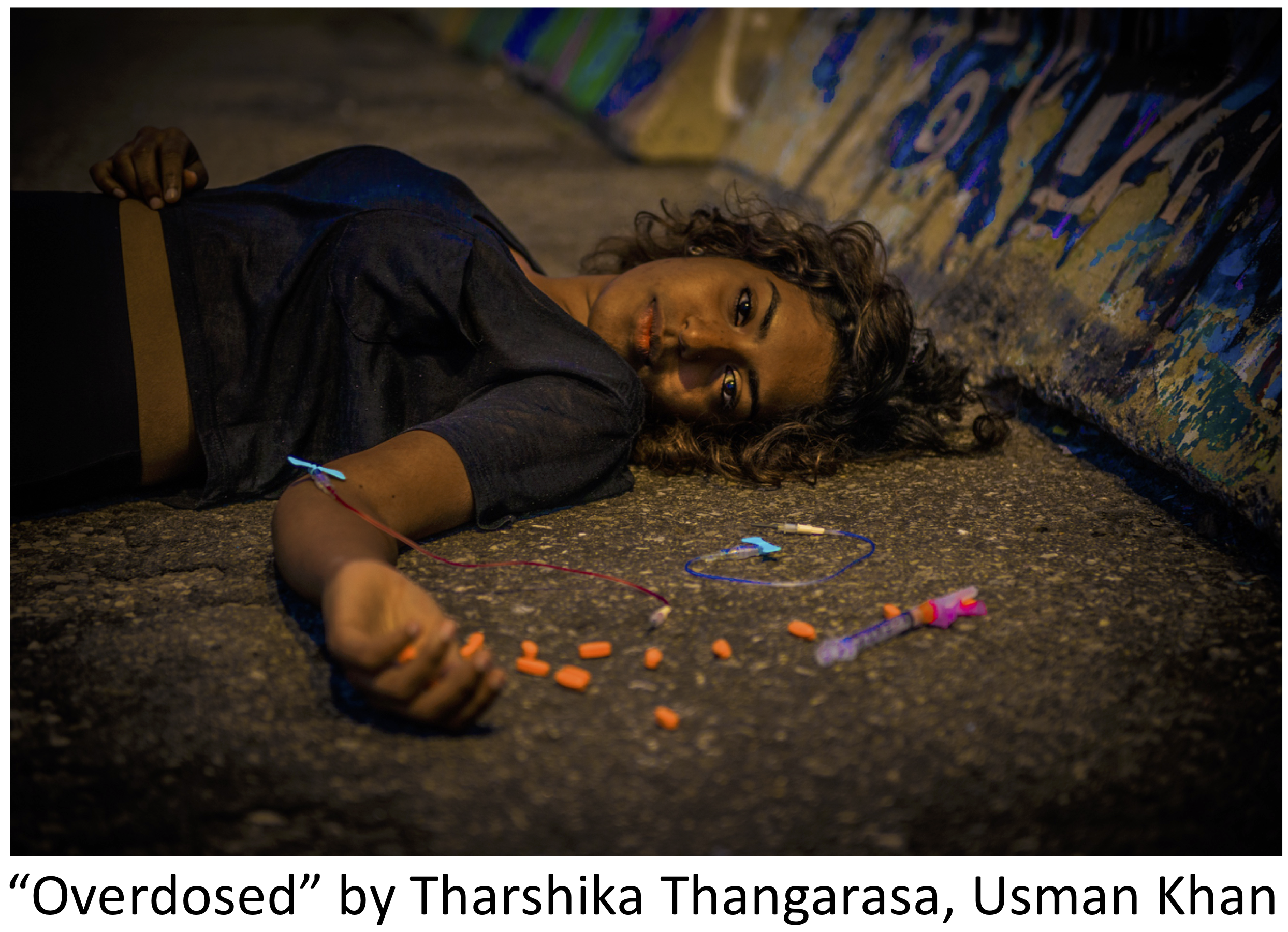Duoethnography as a dialogic and collaborative form of curriculum inquiry for resident professionalism and self-care education
DOI:
https://doi.org/10.36834/cmej.42981Keywords:
CanMEDs, professional competency, self-care, medical / resident education, duoethnography, pedagogical modelAbstract
Medical residency is an important time in the development of physician professionalism, as residents’ identities and medical responsibilities shift from student-learners to practitioner-leaders. During this transition time, many residents struggle with stress due to the unique pressures of their post-graduate training. This, in turn, can potentially hinder successful professional identity development. In response, the Royal College of Physicians and Surgeons of Canada (RCPSC) has incorporated physician health into its CanMEDS professional competency framework.Although this framework identifies enabling self-care professional competencies (e.g., capacity for self-regulation and resilience for sustainable practice), it does not specify the types of educational strategies best suited to teach and assess these competencies. To support the prevention and rehabilitation of resident health issues, residency training programs are faced with the complex challenge of developing socially accountable curricula that successfully foster self-care competencies. Duoethnography, a dialogic and collaborative form of curriculum inquiry, is presented as a pedagogical model for resident professionalism and self-care education. Merits of duoethnography centers on its: 1) capability to foster self-reflexive and transformative learning; 2) versatility to accommodate learner diversity; and 3) adaptability for use in different social, situational, and ethical contexts.
Downloads
Additional Files
Published
Issue
Section
License
Submission of an original manuscript to the Canadian Medical Education Journal will be taken to mean that it represents original work not previously published, that it is not being considered elsewhere for publication. If accepted for publication, it will be published online and it will not be published elsewhere in the same form, for commercial purposes, in any language, without the consent of the publisher.
Authors who publish in the Canadian Medical Education Journal agree to release their articles under the Creative Commons Attribution-Noncommercial-No Derivative Works 4.0 Canada Licence. This licence allows anyone to copy and distribute the article for non-commercial purposes provided that appropriate attribution is given. For details of the rights an author grants users of their work, please see the licence summary and the full licence.











